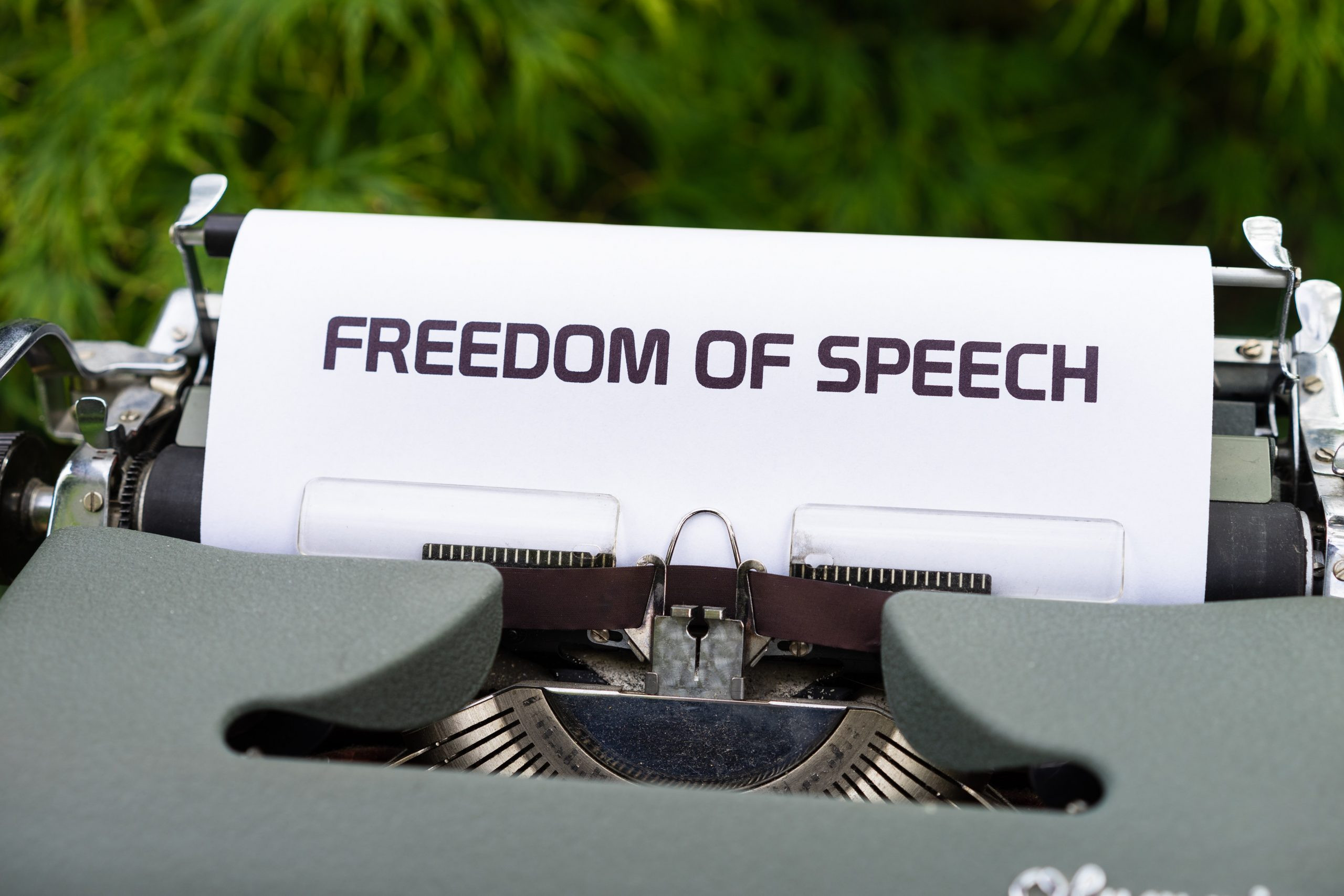
The homicide of Samuel Paty, the attack in Nice and Vienna showed how easy it is to call into question an established principle such as freedom of expression in France, as well as in Europe.
History proved that limiting fundamental freedoms is never the right thing to do: in Spain for instance, the lack of freedom of expression led, among other things, to the cultural impoverishment during the dictatorship, as the Spanish student Margarita admits.
The lack of freedom of expression has often led to the loss of talented artists that could not express themselves here in Spain during the dictatorship. We raised many great artists that eventually had to migrate to other countries, in which they could write freely. Some of them were hunted down, like Unamuno, Miguel Hernández, Lorca. Playing with words just to be able to express an idea is terrible. But thanks to the intelligence of these geniuses some managed to pass the censorship and were able to express their ideas through songs in a very subtle way.
Distinguishing between freedom of expression and hate speech is highlighted by Maria, Estonian journalist.
I think the main question around this in Estonia is: where is the border between freedom of speech and hate speech? In Estonia there are not that many Muslims, and religion in general is not that big of a topic. Although, these terrorist attacks are the reason why this conservative worldview is getting more popular in Estonia too. It feels like we are moving towards Hungary, or Poland.
The risk is that journalists will eventually start to self-censor themselves because they don’t want to get these mean comments and threats from people.
This is why I believe it’s important to talk about freedom of expression as a journalist.
Spain and Estonia are two European countries in which people gained the right to express themselves freely not that long ago. That’s why some extraordinary events, such as those we have been witnessing in the last years, must not jeopardise all the efforts done so far.